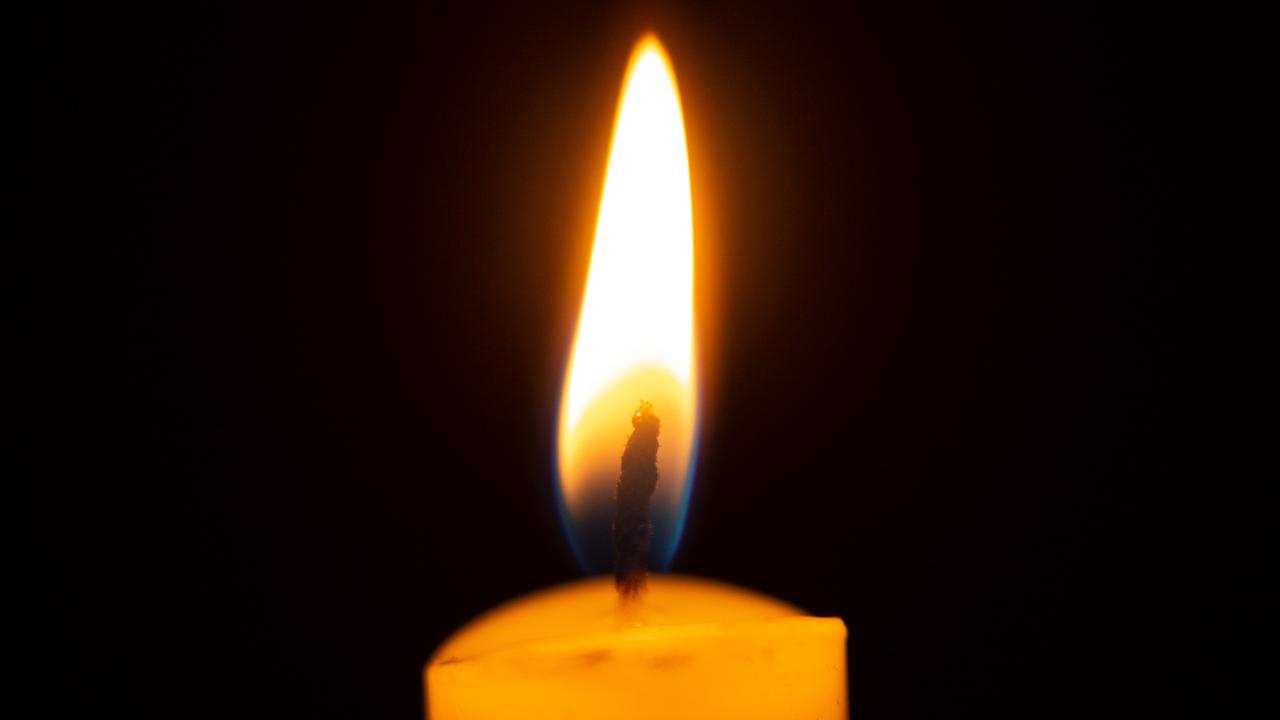Kel Richards’ new book reveals the Aussie English coined in WWI
IF YOU tell a mate their “blood’s worth bottling” while getting “blotto” with them, you are speaking the language Aussie Diggers created in World War I.

ANZAC Centenary
Don't miss out on the headlines from ANZAC Centenary. Followed categories will be added to My News.
IF YOU tell a mate their “blood’s worth bottling” while getting “blotto” with them at the pub, you are speaking the language Aussie diggers created in World War I.
Ditto if you use your “thieving irons” (hands) to “souvenir” (steal) your beer glass.
But if you can’t score a prime “pozzie” at the bar, that would make you about “as useful a screen door on a submarine”.
These are some of the terms covered in a new book by journalist and broadcaster Kel Richards, who looks at the many words coined in the World War I era or popularised by wartime usage as part of a broader exploration of the evolution of Australian English.
Richards, who presented the much-loved “Word Watch” segments on News Radio for more than a decade, says war produces rapid change in language because of the way it thrusts together people from different walks of life in highly unusual circumstances.
And Australians are better at it than anyone.
“We have a unique capacity for verbal invention in Australia,” Richards says.
“I also like the way (WWI Anzacs) used humour to diffuse the situation. What they went through was horrifying, but making jokes about it made it more bearable.
“So shell-hole water with a corpse in it was ‘Anzac soup’.”
In The Story of Australian English, Richards draws heavily on the work of Walter Hubert Downing, a Melbourne law student who signed up in 1915 and served in Egypt and France, becoming a sergeant and earning a Military Medal for bravery.
Immediately after the war Downing penned Digger Dialects, a dictionary of 900 words and phrases used by Australians in World War I.
Richards says many have bush origins and some are variations on Americanisms.
He says a “duck’s breakfast”, meaning a drink of water and a wash in the absence of food, was based on the 19th century “drover’s breakfast” consisting of “a leak and a look around”.
Some terms made fun of officers, such as “nail scissors” for the crossed sword and baton worn as a badge of rank by a general, and “nose bleeds” for the red tabs that staff officers wore.
“That goes back to convict days when there was no respect for people senior to yourself,” Richards says.
Vietnam veteran Tich Tyson, 64, of Plympton Park, who served in an Australian military hospital as a medic, recalls the slang there included “durries” for cigarettes, “no sweat pills” for anti-venereal disease medication, and “goffer” for soft drinks.
“If there was a bloke who just drank soft drinks and no beer, they’d call him a goffer scoffer,” he says.
Originally published as Kel Richards’ new book reveals the Aussie English coined in WWI


